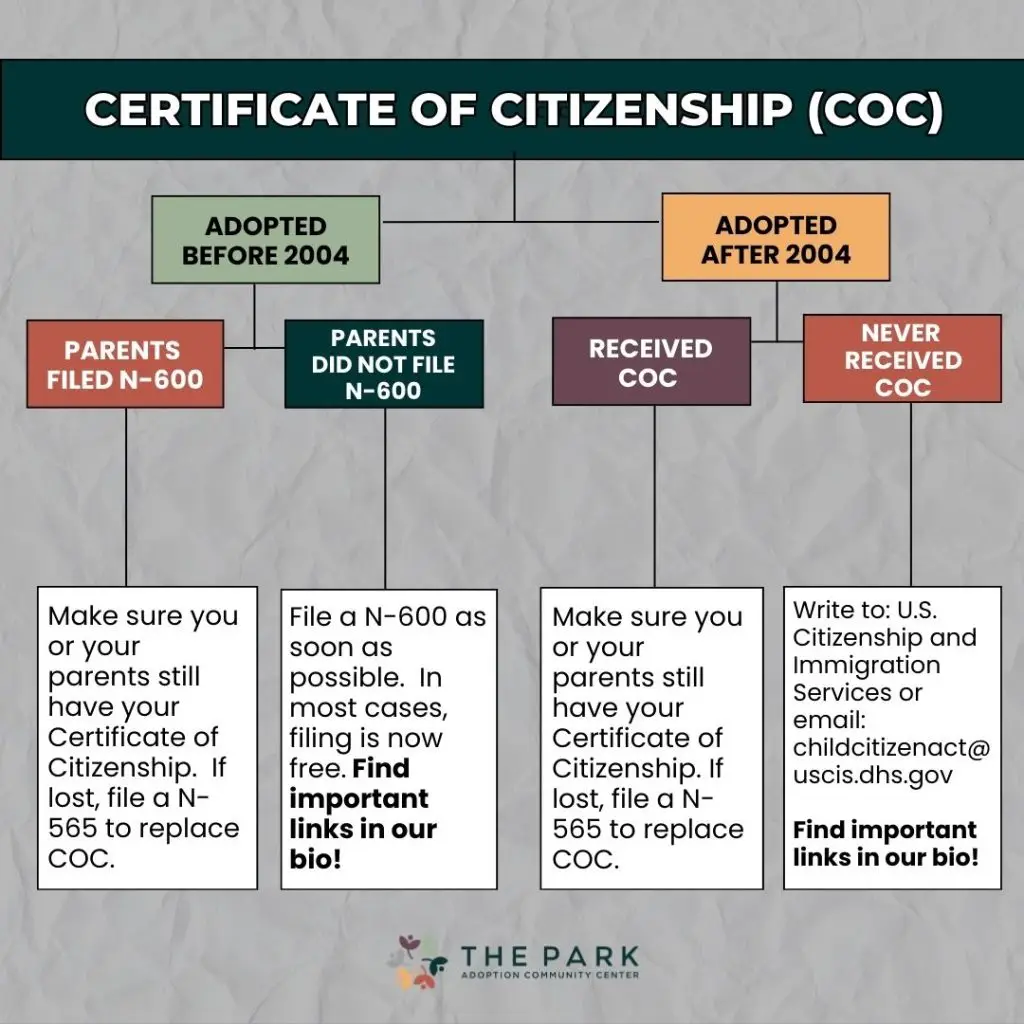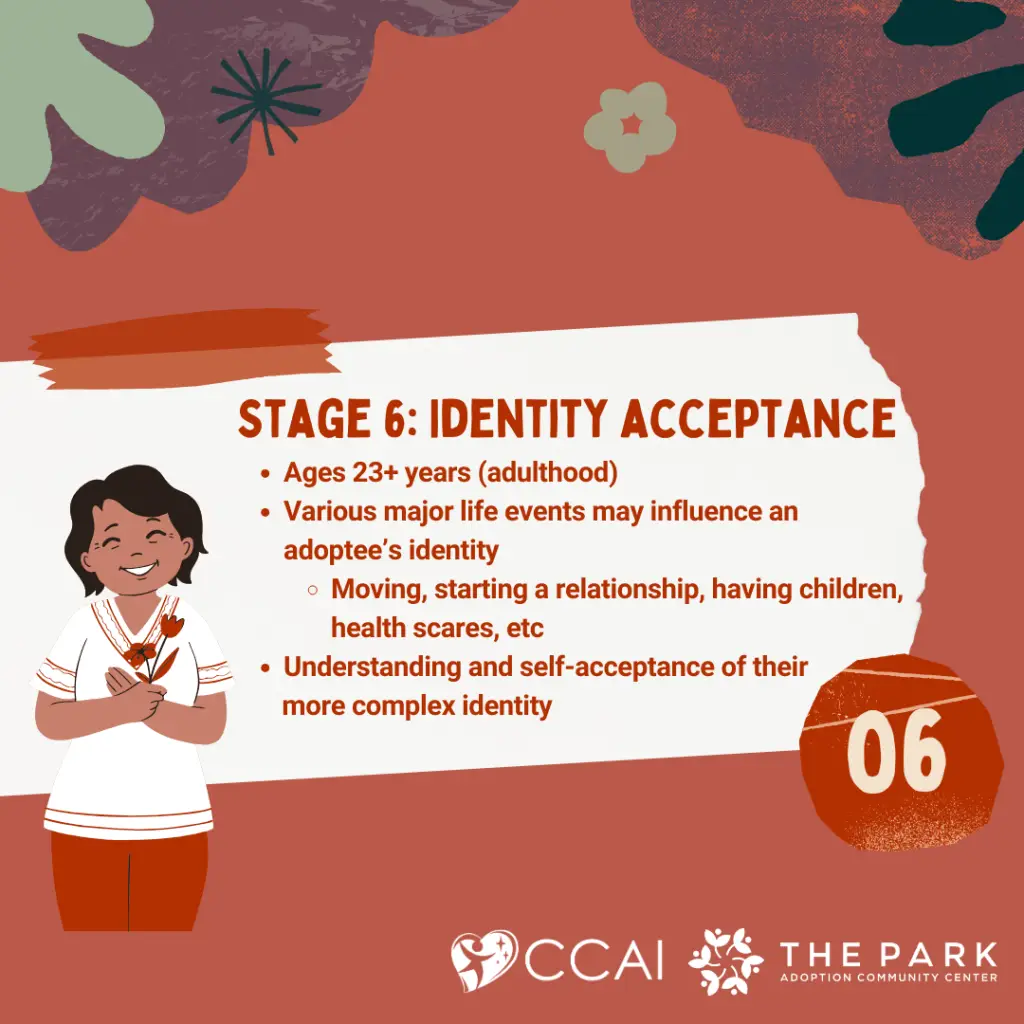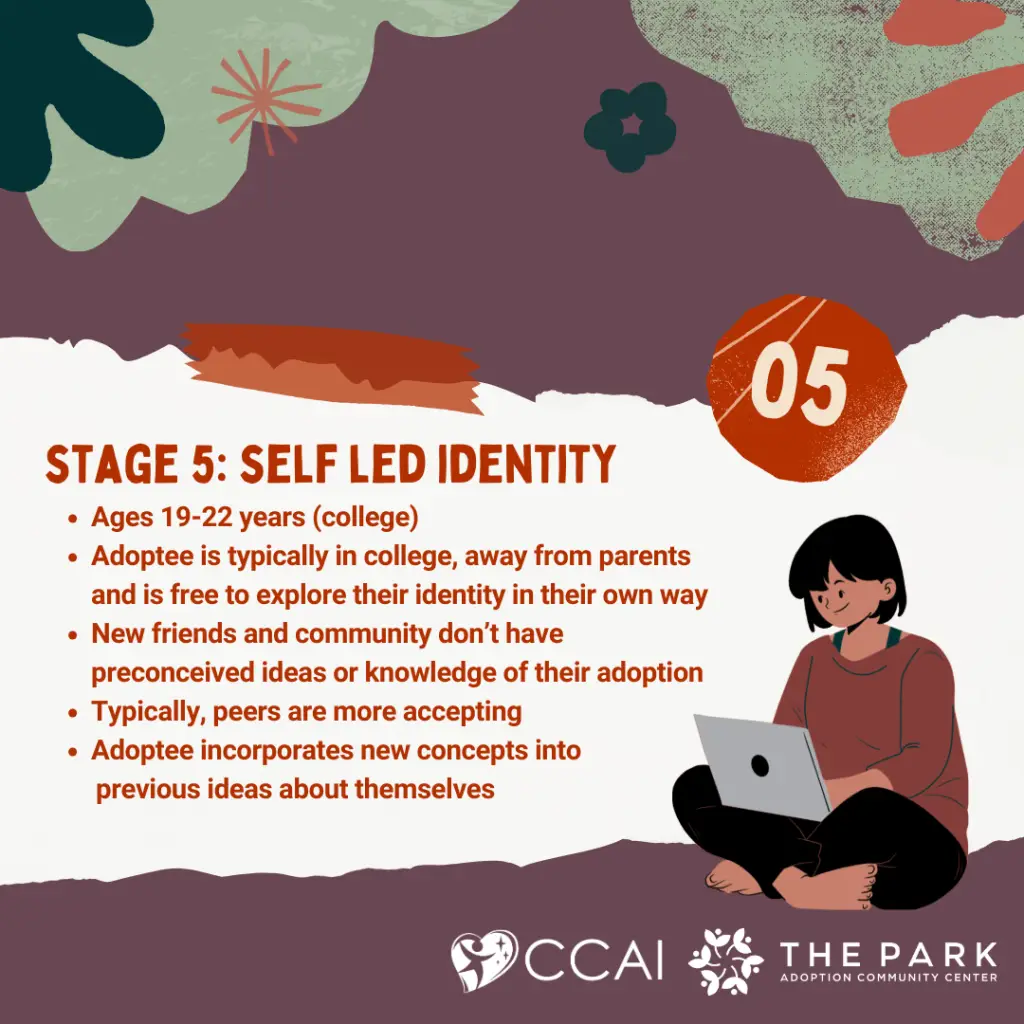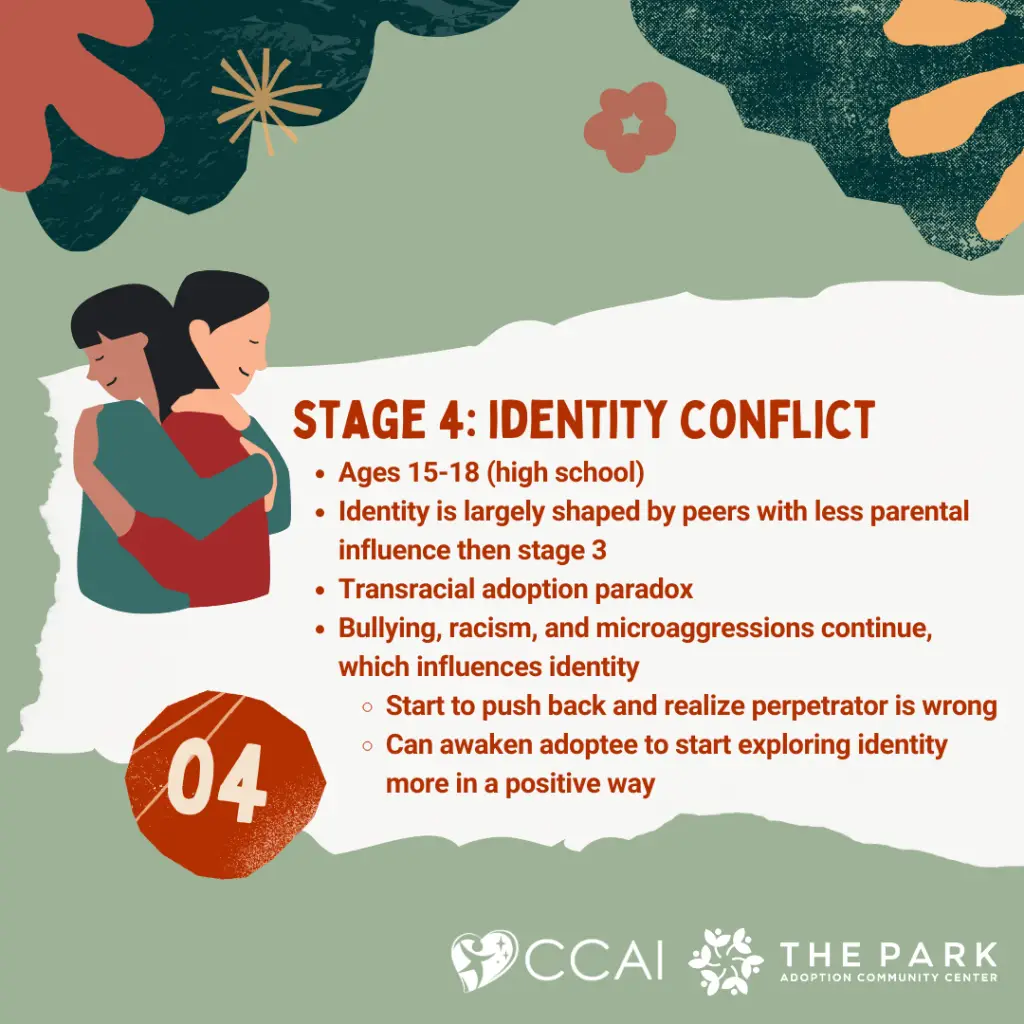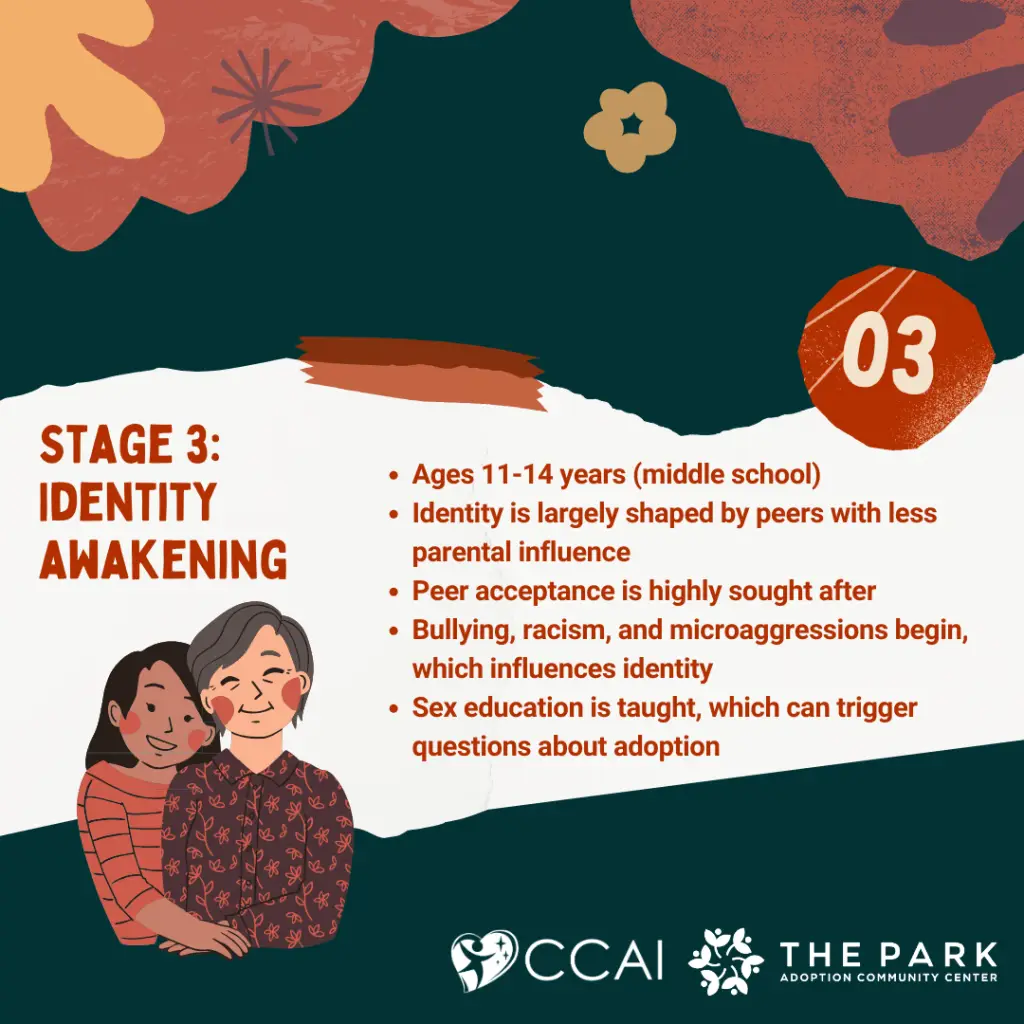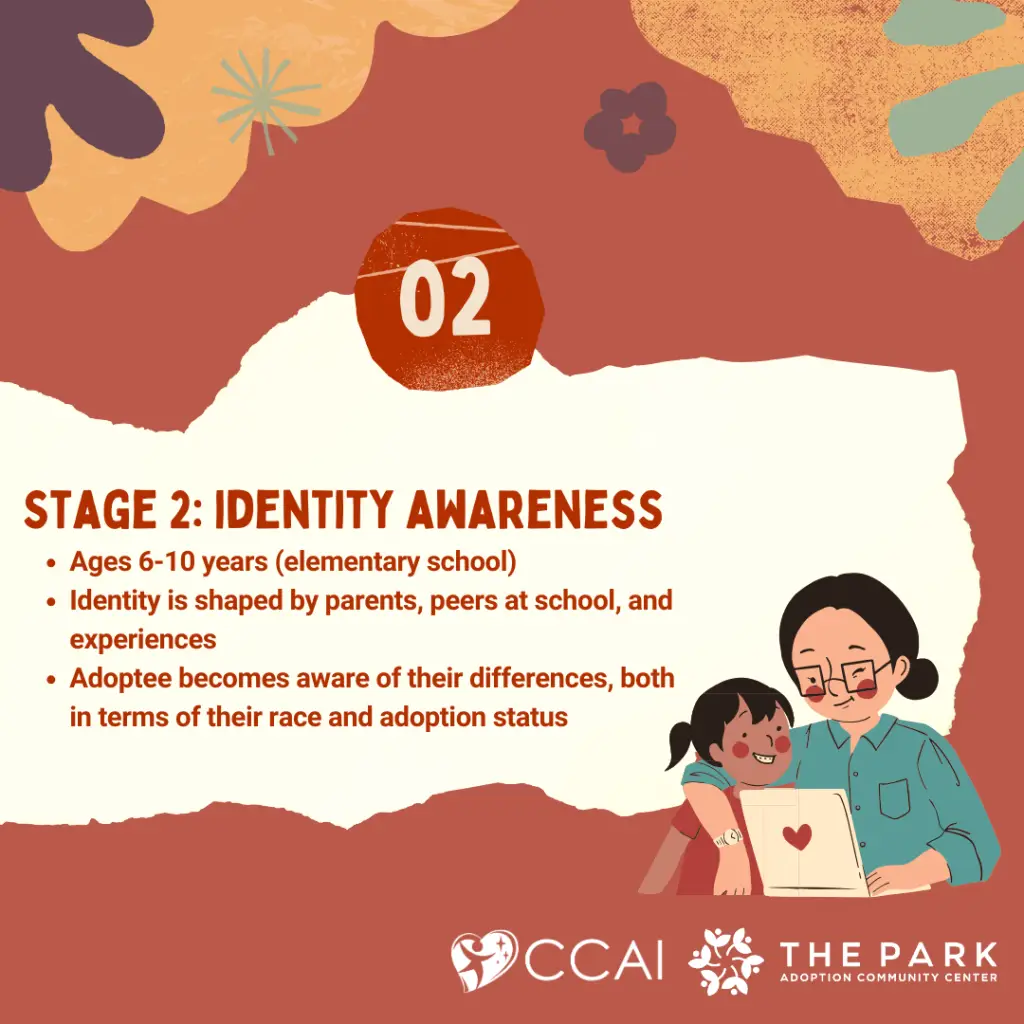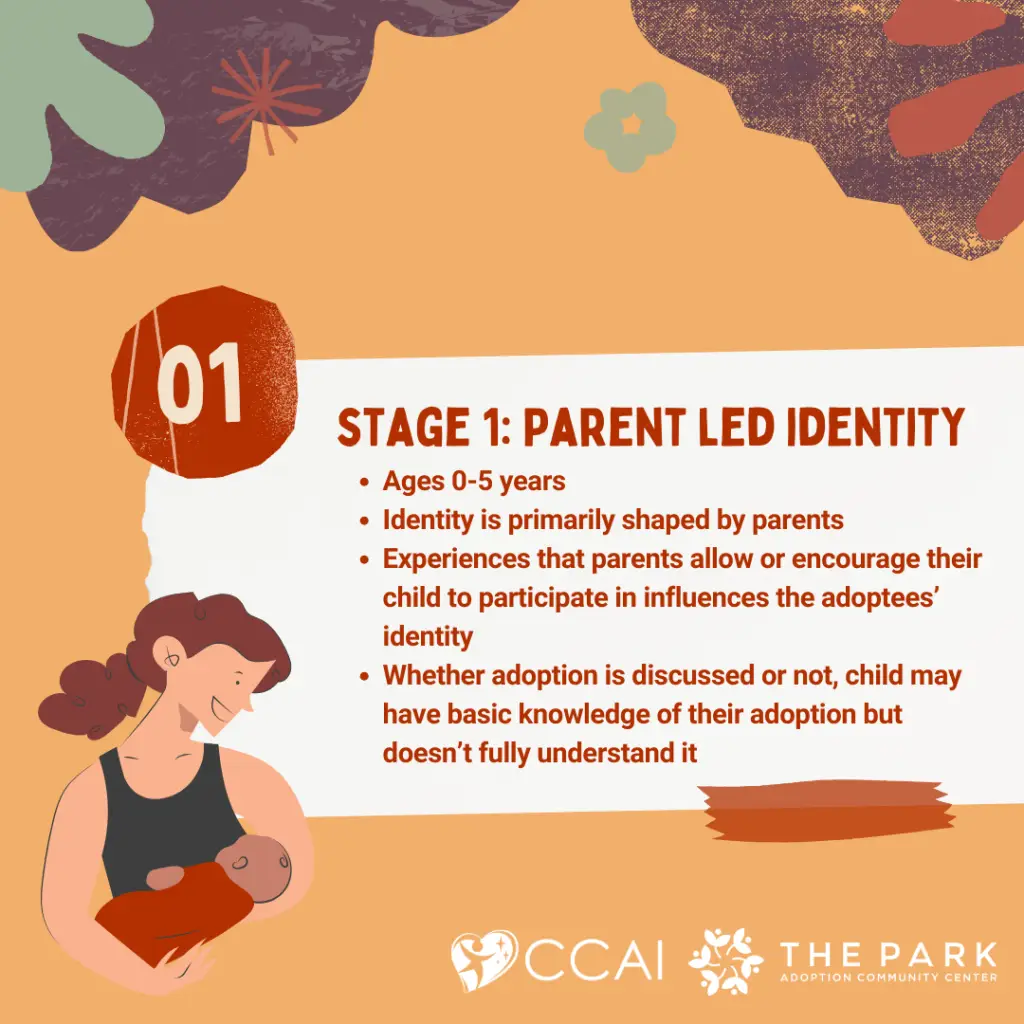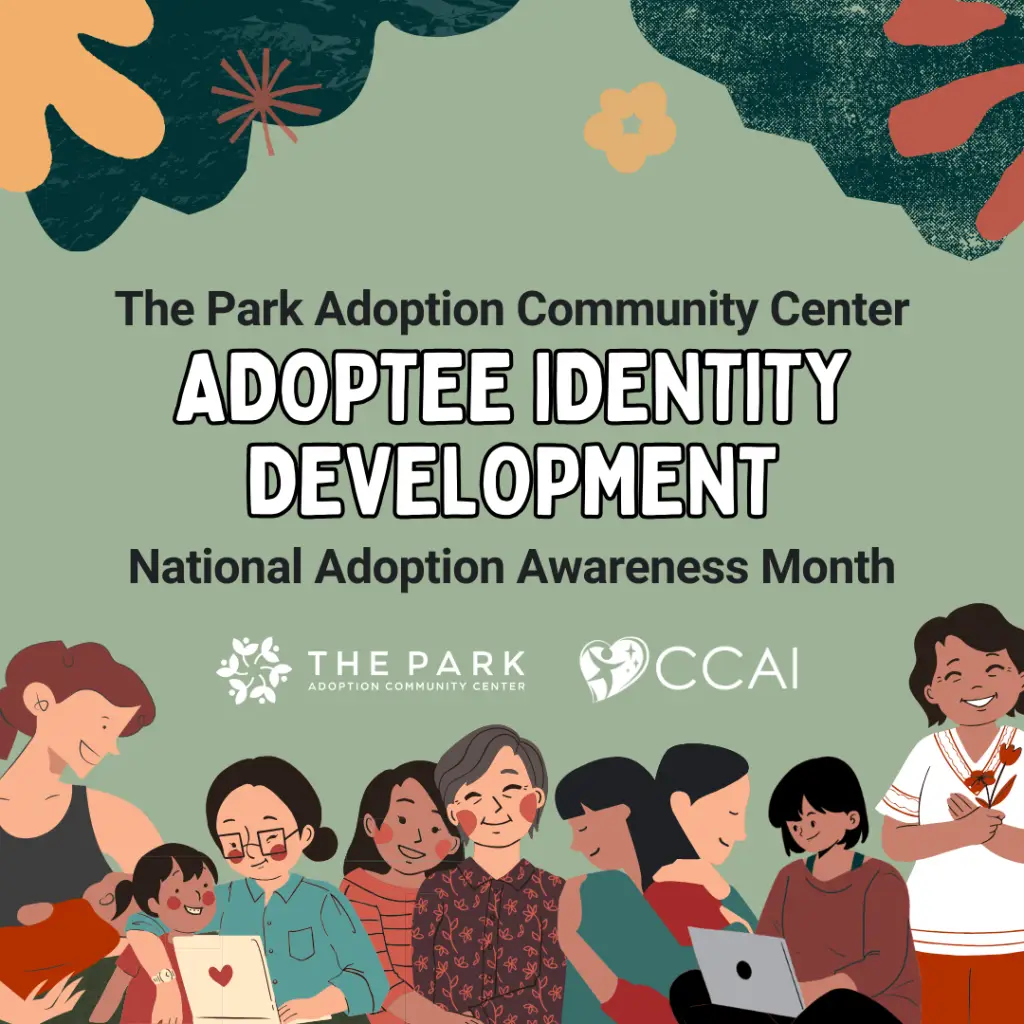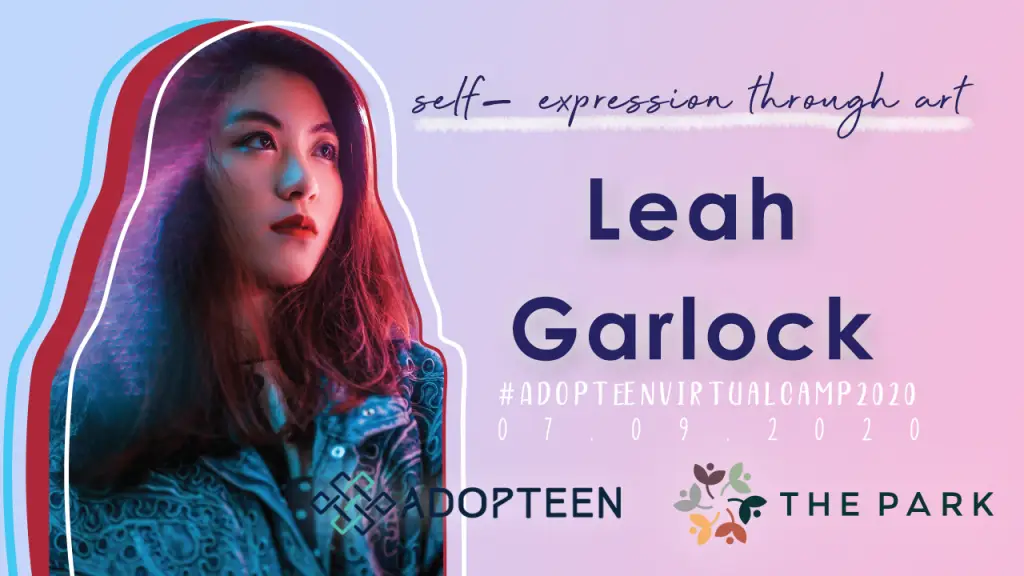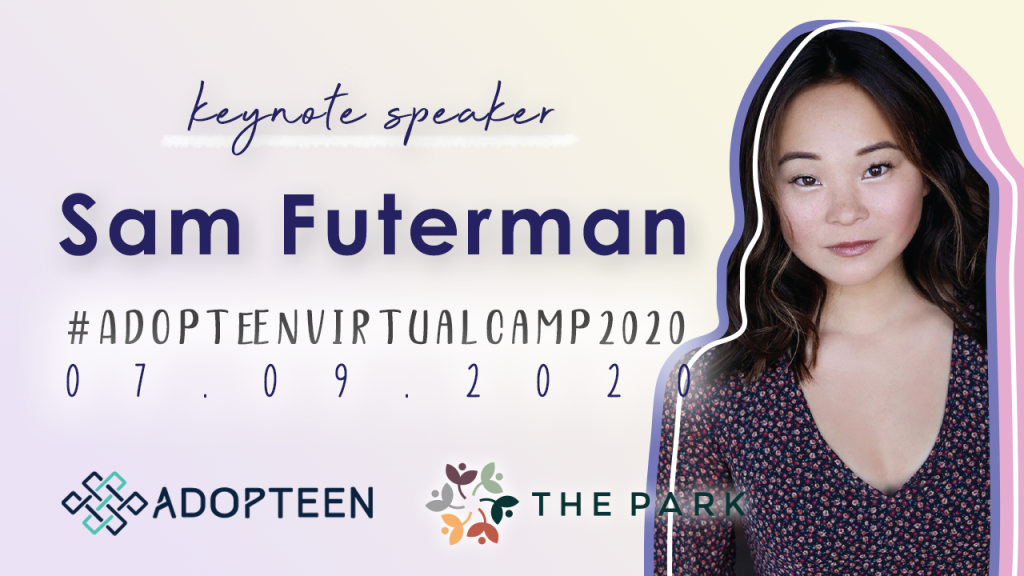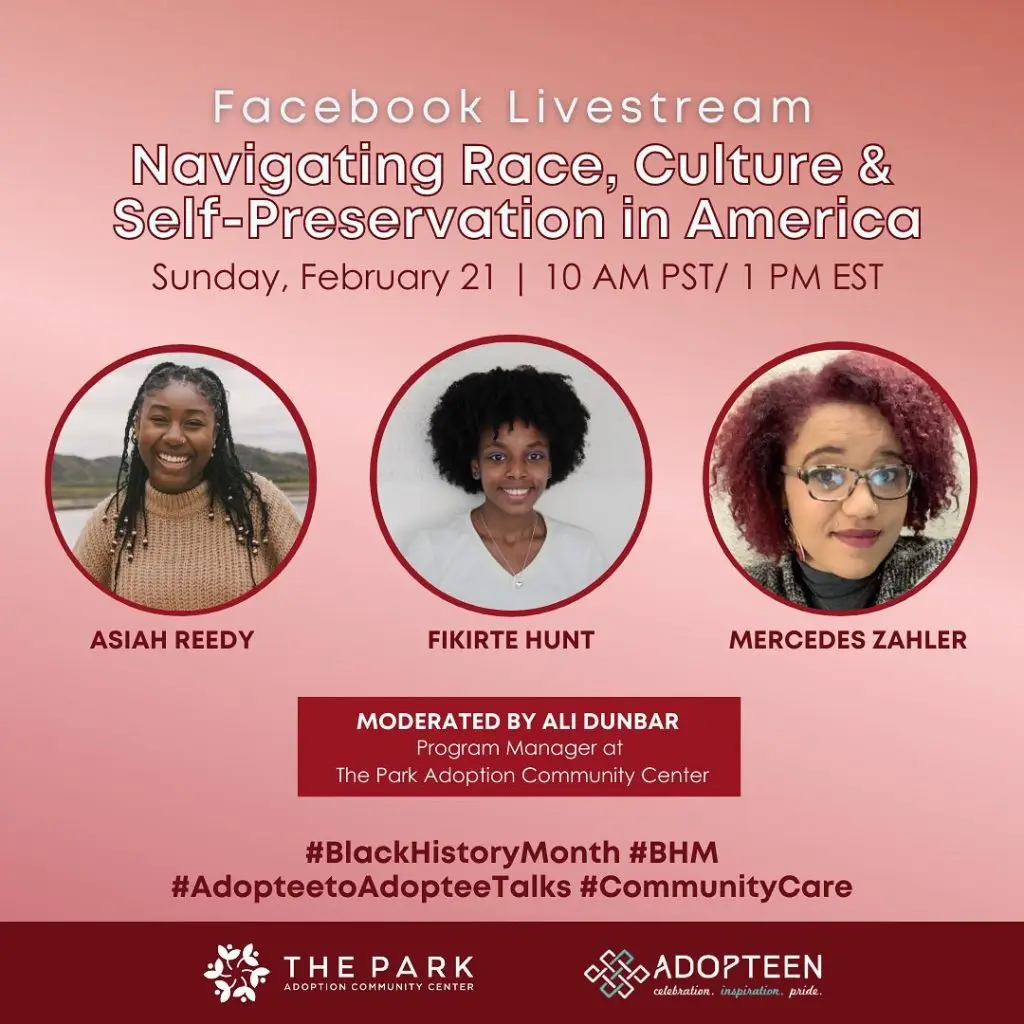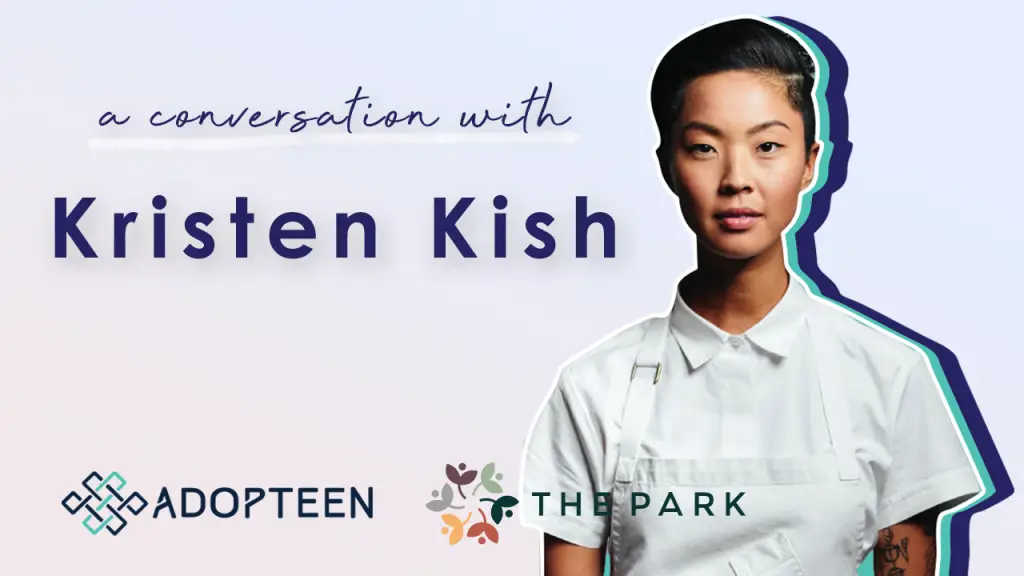The Park Blog
December 18, 2024
For many of my teenage years, I unconsciously avoided the deeper sense of cultural and natal displacement that came with being a Chinese-American adoptee. During the spring of my senior year of high school, the years of avoidance had reached their climax, forcing me to take a medical leave of absence for the remainder of the year. During this period, I was confronted by what I learned to be my anxious attachment style. I spent my spring break in daily Eye Movement Desensitization and Reprocessing (EMDR) sessions, isolated in the experience of early childhood abandonment. All I hoped for in this period was to make contact with my biological mother. Afterwards, I was certain that finding my birth mother would be the first step to healing this sense of displacement. I registered for Adopteen Washington D.C. hoping it would give some insight into the process of making contact with my biological mother. Spoiler alert: It gave me so much more.
December 10, 2024
I’m not usually inclined to go on spontaneous trips half-way across the country to hang out with a bunch of strangers. So naturally, when my younger sister Grace asked me if I wanted to join the Beyond Adopteen trip in Colorado, which, “by the way, is in like two weeks,” I waffled for a good while. I pondered my personal history of social awkwardness, and my introverted tendencies. Will people think I’m weird? No, they’re not like that, Grace assured me. Am I too old? Also no, you’ll be fine. What about—you know what—never mind, yeah, let’s do it.
December 4, 2024
As adoptees enter adulthood, typically around the age of 23 and beyond, they often face a unique journey of self-discovery and identity formation marked by a growing sense of self-acceptance and integration of their adoption story into their broader sense of who they are. Major life events such as starting a romantic relationship, having children, or dealing with health scares can prompt deeper reflections on their adopted status and what it means to be them. These milestones, while common to all adults, may take on added significance for adoptees, as they navigate the complexities of their past and how it intertwines with their present. Understanding and accepting their multifaceted identity becomes a dynamic process, where life experiences challenge them to integrate their adoption story with the adult life they are building, seeking a sense of belonging and wholeness in a world that often feels divided between the past and present.
November 27, 2024
Between the ages of nineteen and twenty-two, adoptees enter a crucial phase of self-discovery, often while in college, where they have the freedom to explore and define their identity without the influence of their parents. Being away from home and surrounded by new friends and communities, adoptees can shape how they present themselves, free from the preconceived ideas or assumptions others may have had about their adoption. In these environments, peers are generally more accepting, and adoptees are often able to form deeper, more authentic connections. This stage is characterized by the blending of old and new as adoptees integrate the knowledge and experiences they’ve gathered about themselves with the new perspectives and concepts they encounter, creating a more complex and self-led understanding of who they are. It’s a time when adoptees take charge of their narrative, building an identity that reflects both their past and the new directions they choose to explore.
November 22, 2024
Adolescence is a time of self-discovery, growth, and often, a bit of turbulence. For adoptees in particular, the ages between fifteen and eighteen are often marked with conflict about their sense of self as they realizing and start to process the complexities of their identity. Here, adolescents experience a critical period of identity development, often heavily influenced by their peers as they begin to assert independence from their parents. For transracial adoptees, this stage can bring added complexity, as they navigate the paradox of belonging to a family with different racial or ethnic backgrounds from their own. Emphasizing the feeling of being in between, the transracial adoption paradox often leaves adoptees with conflicting emotions, which can lead to identity conflict. As they face bullying, racism, and microaggressions, their sense of self is shaped by these experiences, forcing them to confront negative perceptions and biases. However, these challenges can also serve as a catalyst for growth. As adoptees gain confidence in their birth culture and identity, they may begin to push back against these harmful influences, recognizing the fault in others’ views. This awakening can spark a positive exploration of their identity, empowering them to embrace their unique journey and heritage with newfound strength and self-assurance.
November 15, 2024
Middle school is a critical time for an adolescent’s development, both physically and mentally. During these years, peer influence becomes much more significant, and the desire for peer acceptance often outweighs parental guidance. This is also when many adoptees begin to experience the painful realities of bullying, racism, and microaggressions, all of which can have a profound impact on their sense of self and how they navigate the world. As schools start teaching sex education, which introduces lessons on reproduction, human anatomy, and relationships, adoptees may also begin to grapple with deeper questions about their own identity. These formative years bring a mix of challenges and growth, as adolescents begin to make sense of who they are, where they come from, and how they fit into the complex web of family, culture, and society.
November 13, 2024
Ages six to ten are a critical period in an adoptee’s life, as they begin to develop a deeper understanding of their identity. For transracial adoptees, starting school introduces unique challenges, particularly as they navigate predominantly White peer groups. At this stage, the child’s world expands beyond the household, and their parents are no longer the sole influence on their sense of self. They are now shaped by a combination of parental guidance, peer interactions at school, and their own growing experiences.
November 8, 2024
The first five years of life are crucial for shaping the foundation of identity development in adoptees. During this time, a child’s understanding of themselves is primarily influenced by their parents, as they have not yet entered school. The experiences parents encourage play a significant role in how adoptees begin to view themselves and their place in the world. At this age, children may not fully understand the complexities of their adoption but can absorb the experiences and messages their parents provide. Whether or not adoption is openly discussed, parental influence can have a lasting impact on how adoptees begin to form their identity.
November 5, 2024
An adoptee’s identity development is a lifelong, complex journey of self-discovery filled with countless questions and layers of intricacy. Unlike biological children, adoptees often begin with a blank slate, with little to no information about their family history, personal origins, and cultural heritage. This is only amplified if the adoptee was adopted internationally, with a separation between them and their birth culture. This blank slate, combined with the potential trauma of early separation and the multifaceted realities of adoption, can leave adoptees navigating a unique set of challenges as they grow.
November 3, 2022
Adoption is not the most important fact about me, but it has been one of the most impactful aspects of my identity journey.
I was adopted from Zhejiang Province, China at 18 months old by my amazing family – my mom, older brother, two older sisters, and little sister – in New Mexico!
December 10, 2021
Fall 2020: If you had asked me about how I felt about adoption, I would have said that I was all good — that I felt pretty solid in my identity. Fast forward to Spring 2021, the Stop Asian Hate movement was quickly sweeping across the US and Canada. I felt so detached and ungrounded, with no one else to share these feelings with. It was shortly after this that I was sent the application to apply for The Park as a Digital Marketing Intern.
May 17, 2021
Food can be an amazing way to explore and connect with birth culture. Have you tried cooking any dishes from your birth country cuisine?
May 17, 2021
“It takes courage to grow and become who you really are.” – E.E. Cummings
April 22, 2021
“Looking towards the positive is an act of bravery. Dare to hope. Dare to believe in good.”
